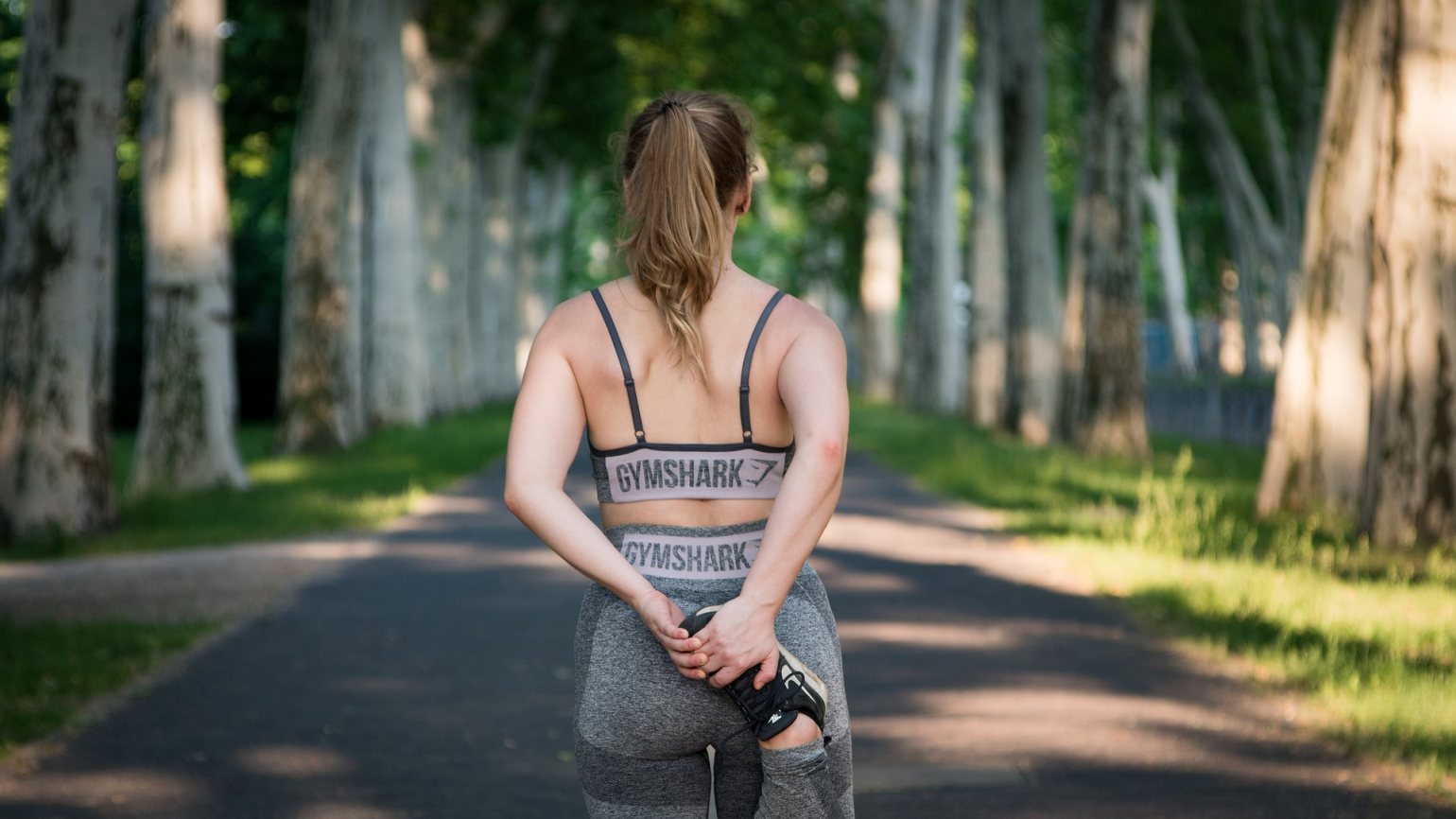Good Sleep Habits
January is traditionally a time when we start the new year fresh and optimistic about making this year a fantastic year. 2021 is a whole different ballgame! The continuing coronavirus crisis means that we may be restricted in the things we can do, and feeling particularly low. However, rather than thinking about what we can’t do… there are lots of things that we can do to make ourselves healthier and happier. We can especially start the new year embracing some good sleep habits.
Sleep for health
Getting enough sleep (which is 7-9 hours for adults) is associated with a whole host of scientifically proven important health benefits:
- Less depression
- Less anxiety
- Improved memory
- Improved immune system
- Less heart disease
- Reduced risk of cancer
- Reduced risk of dementia
- Less obesity
Simply by making sure you get enough sleep, you are improving your health.
A new year’s resolution to get more sleep sounds good to me!

Sleep for weight loss
Sleep impacts our weight by affecting how much we eat and what we eat.
There are two neurotransmitters that control appetite – ghrelin and leptin. Ghrelin makes you feel hungry while leptin helps you feel full. When you don’t sleep enough, studies show that you have increased levels of ghrelin and decreased levels of leptin. This results in you feeling hungrier, and having to eat more food before you feel full.
Also, studies suggest that people who don’t sleep enough tend to choose foods that are higher in fat and carbohydrates, rather than choosing healthier choices.
If you want to lose weight, it is important to get a good night’s sleep as well as doing some exercise.
Sleep for happiness
Lots of studies show that when you don’t get enough sleep you tend to feel sadder and more anxious. It works both ways though. When you are feeling down, you tend to have poorer sleep. Plus, if you are stressed then that can also affect your sleep. In order to help boost your mood, making sure that you get a good night’s sleep is an easy change to make.
If you are struggling to get to sleep or to stay asleep, here are some great tips to help:

Good sleep habits
- Try to give yourself the opportunity to sleep for 7-9 hours per night. If you go to bed too late or have to get up too early you won’t be physically able to get enough sleep. Guidelines suggest that people 18-65 should aim to get between 7 and 9 hours’ sleep per night. If you find yourself staying up later than you planned watching Netflix or scrolling on your phone, you might want to set a bedtime reminder to remind you to go to bed. Don’t get too fixated on the 7-9 hours number. There are people who are perfectly happy and healthy getting slightly less or needing slightly more sleep. If you are giving yourself plenty of opportunity to sleep, and sleeping well, then you are doing a great job.
- Make sure that your luxury bed and bedroom are a pleasant place to be. If your mattress is not supportive enough for your body, or is too old or too firm, then you may struggle to sleep well. Also, having a pillow that is not right for your sleeping style can make it harder to get a good night’s sleep. You can look at our quality beds, mattresses and pillows here at And So To Bed to find inspiration. The National Bed Foundation suggest that you should replace your mattress every 7 years. How old is your mattress? Did you buy it before 2014? If so, perhaps start the New Year by updating your old mattress.
- Keep your bedroom for sleep only. Try not to take your work to bed or check your emails on your phone. It is very tempting to check your phone right before bed, but all that will do is to fill your head with anxiety about things you have to do for work. Also, try not to do any work in bed so that your bed doesn’t make your brain think about work instead of sleep. If you must work in your bedroom (because your house is now your office as well as your home!), try to do that at a desk instead of actually in the bed itself.
- Improve your diet. Eating a good variety of fresh fruit and vegetables is good for your overall health. Some foods might even be extra good for your sleep – such as kiwi before bed, nuts or turkey. Remember, that getting enough sleep will help you make better food choices during the day.
- Make time to exercise a little each day. Just as with a healthy diet, exercise is great for your overall health. Plus, exercise can boost your mood and help improve your sleep. When you exercise it helps to promote deep sleep, which is the part of sleep more common during the first half of the night. Also, if you can exercise outdoors then you will get the added benefit of boosting your circadian rhythm with daylight.
- Reduce alcohol. As I wrote in a recent Instagram post, dry January may be good for your sleep as well as for your liver. Alcohol may help you get to sleep (as it is a sedative) but it will affect the quality of your sleep later in the night - especially in the second half of the night. If you can’t face a fully “dry” January thanks to the latest lockdown and home-schooling stresses, consider a “damp” January… reducing your alcohol a little compared to your usual levels.
Start 2021 by making some positive changes that will boost your health and happiness.

Author
Dr Lindsay Browning from Trouble Sleeping is a sleep expert, Chartered Psychologist and neuroscientist. She is the Sleep Ambassador for And So To Bed. Dr Browning works with individuals and companies to educate about better sleep and to resolve sleep problems such as insomnia. You can follow her on TWITTER, INSTAGRAM and FACEBOOK.
-
Posted by Dr Lindsay Browning
19th January 2021


